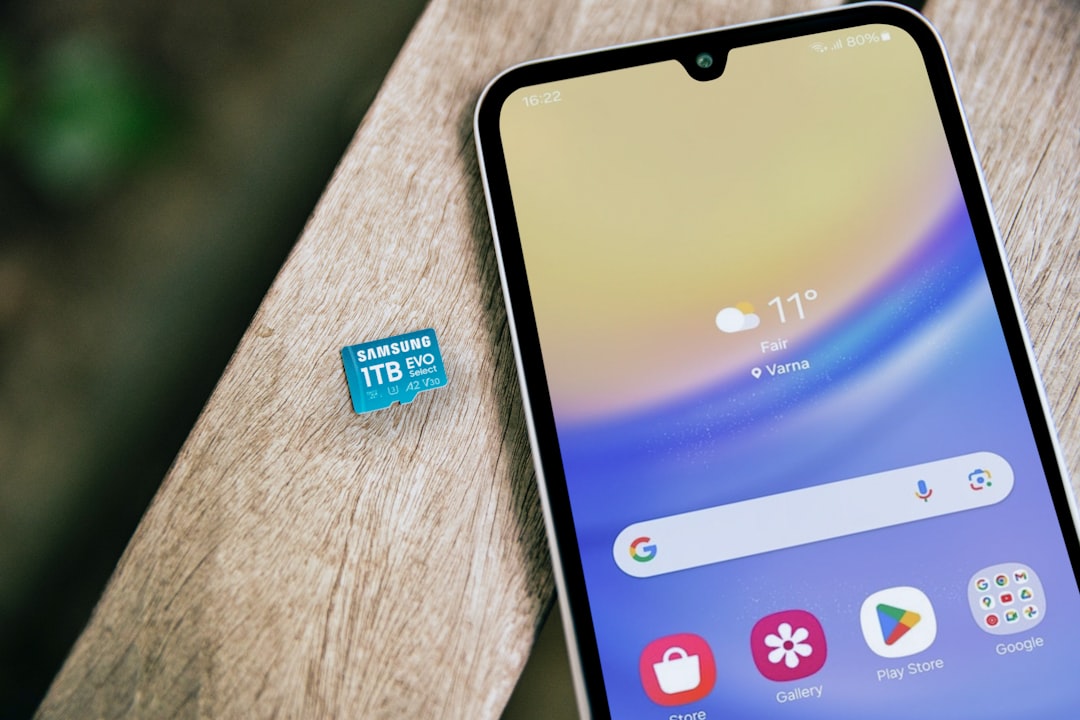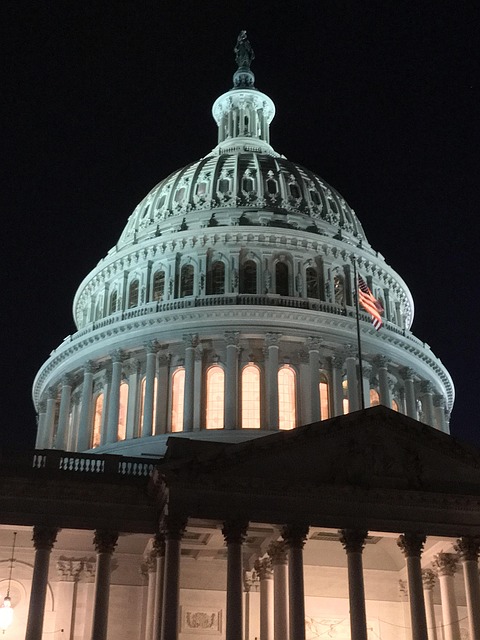In the competitive Washington D.C. micromobility market, navigating TCPA compliance is crucial to avoid hefty fines and maintain customer trust. Engage a TCPA Lawyer DC or spam call law firm to ensure adherence to regulations like obtaining consent and implementing effective do-not-call measures. These experts foster ethical practices, protect against legal issues, and enhance brand reputation in the regulated transportation sector.
“Navigating the complex landscape of TCPA compliance is essential for D.C.’s micromobility services to thrive in a highly regulated environment. This comprehensive guide explores the intricate web of spam call laws affecting your business. From understanding the nuances of TCPA regulations in the District of Columbia to implementing effective strategies, we provide invaluable insights. Discover how a dedicated TCPA lawyer can steer your company clear of violations and capitalize on growth opportunities. Explore our resources for expert legal support from top DC firms specializing in spam call law.”
Understanding TCPA Compliance in the District of Columbia
In the dynamic landscape of micromobility services in the District of Columbia, understanding and adhering to TCPA (Telemarketing Consumer Protection Act) compliance is paramount. As a hub for innovative transportation solutions, D.C. must ensure that businesses operating within its borders respect consumer privacy and avoid intrusive spam calls. This involves navigating complex regulations that restrict telemarketing practices, particularly when it comes to mobile marketing and customer communication. A TCPA lawyer in DC or a seasoned TCPA attorney is crucial for micromobility companies aiming to stay compliant and avoid costly penalties.
The District of Columbia’s strict interpretation of the TCPA ensures that businesses are held accountable for their communication strategies. Spam call law firms in DC assist companies in understanding these regulations, from obtaining proper consent for marketing calls to implementing effective do-not-call mechanisms. By engaging the services of a reputable spam call lawyer or law firm in the District of Columbia, micromobility service providers can safeguard their operations, maintain customer trust, and embrace TCPA compliance as a competitive advantage in this thriving industry.
Navigating Spam Call Laws: A Guide for Micromobility Services
Navigating Spam Call Laws: A Guide for Micromobility Services in DC
In the dynamic world of micromobility, ensuring TCPA compliance is no small task. The Telephone Consumer Protection Act (TCPA) safeguards consumers from unsolicited calls and texts, with penalties for non-compliance that can cripple businesses. For D.C. micromobility services, understanding and adhering to these laws is crucial to avoid costly mistakes. Engaging a knowledgeable TCPA lawyer in DC or consulting with a spam call law firm in the District of Columbia is an essential first step. These legal experts can guide you through the intricate web of regulations, ensuring your business practices align with the TCPA’s requirements.
By implementing robust opt-out mechanisms, maintaining accurate consumer consent records, and training staff on compliance procedures, micromobility services can minimize their risk exposure. A spam call lawyer in DC can help draft clear and comprehensive privacy policies, educate employees about responsible communication practices, and provide strategies for handling consumer complaints. Staying ahead of these legal considerations not only protects your business from hefty fines but also fosters trust and satisfaction among your D.C. customer base.
The Role of a TCPA Lawyer in Ensuring Compliance
In the dynamic landscape of D.C. micromobility services, navigating the intricacies of federal regulations like the Telephone Consumer Protection Act (TCPA) is non-negotiable. A TCPA Lawyer in DC plays a pivotal role in ensuring compliance, safeguarding against potential legal pitfalls and costly penalties. These experts are well-versed in the nuances of the Spam Call law, which prohibits unauthorized automated calls, texts, and faxes, ensuring businesses respect consumers’ privacy and consent.
A qualified TCPA Attorney in the District of Columbia offers invaluable guidance on best practices for communication with customers. They help draft policies and procedures that align with TCPA guidelines, conduct thorough reviews of existing communication strategies, and provide strategic advice to mitigate risks. Their expertise enables micromobility service providers to maintain strong relationships with their customer base while adhering strictly to legal mandates, fostering a culture of ethical business practices in the ever-evolving mobile services industry.
Strategies to Avoid Violations and Mitigate Risks
To avoid violations and mitigate risks under the Telephone Consumer Protection Act (TCPA) in the District of Columbia, micromobility service providers should implement robust strategies from the outset. Engaging a TCPA lawyer DC or consulting with a spam call law firm District of Columbia is wise to ensure compliance with this stringent federal law. These experts can advise on best practices such as obtaining explicit consent for marketing calls and texts, maintaining comprehensive records of consumer opt-outs, and employing technology solutions that block automated spam calls. Regularly reviewing and updating privacy policies and training employees on TCPA regulations are also essential steps.
Moreover, staying informed about the latest legal interpretations and updates from the Federal Communications Commission (FCC) is crucial. Working with a reputable spam call lawyers District of Columbia can help navigate this evolving landscape. By proactively adopting these measures, DC micromobility services can significantly reduce the risk of TCPA-related incidents and protect themselves from costly fines and lawsuits. Remember, compliance is not just about avoiding penalties; it’s about fostering trust with customers and maintaining a positive brand image in the highly regulated transportation sector.






